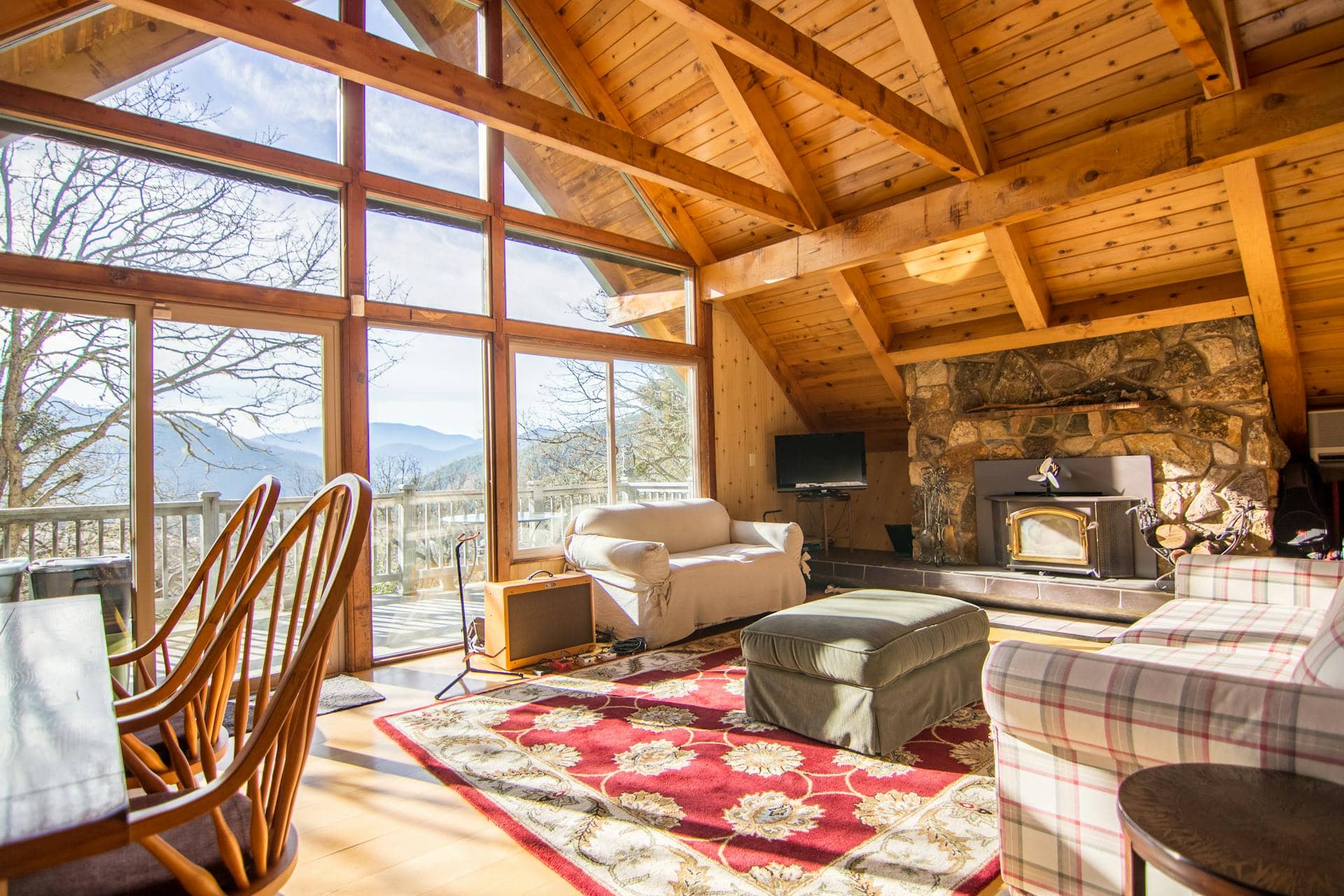The short-term home rental trend continues to rise because short-term can provide greater income than long-term. So much so that the number of people looking for real estate just for this investment has increased.
According to Forbes, short-term rentals yield 30% more profit than long-term rentals, as the daily pricing system is more flexible than the monthly rental fee. Additionally, in short-term rentals, landlords can optimize rental fees depending on season and demand. This allows seasonal trends to become an opportunity to increase rental income.
Those who rent out their properties to generate income also have the freedom to use them whenever they want. They can adjust the rental according to their own plans, expectations and agenda.
Turkey’s status as a tourist hotspot makes finding tenants easier. Apart from big cities like Istanbul, Ankara, and Izmir, coastal gems like Antalya, Muğla, and Izmir draw attention, especially during summer, making them top spots for short-term rentals.
The easy process of obtaining short-term residence permits in Turkey, without any hassle or restrictions, is a big draw for foreign tourists. Visitors with tourist visas can explore and stay for extended periods, adding to the demand for short-term rentals.
As demand surged, the government stepped in to regulate the sector and curb any irregularities. On December 28, 2023, the “Law on the Renting of Houses for Tourism Purposes ” was introduced. This regulation, overseen by the Ministry of Tourism and Culture, specifically addresses rentals under 100 days, ensuring tighter control and adherence to standards.
What Does Law on the Renting of Houses for Tourism Purposes Contain?
Under the new regulation, any property rented for less than 100 days, including those listed on Airbnb, falls under short-term rental for tourism purposes. To rent out your property short-term, you’ll need approval from the Ministry of Culture and Tourism. The application typically takes around 3 months to process.
To ensure accountability, guests staying in these properties must be registered in the identification system managed by the General Directorate of Security. Hosts who fail to register their guests face penalties.
Under the new law, all property owners within a complex or building must unanimously agree to short-term rentals. Once approval is secured, a permit application can proceed. Rentals exceeding 100 days can still be arranged through annual contracts.
Failure to comply with the regulations results in penalties. Initially, a fine of 100,000 TL per property is levied, with an additional penalty of 500,000 TL if a permit is not obtained within 15 days.





